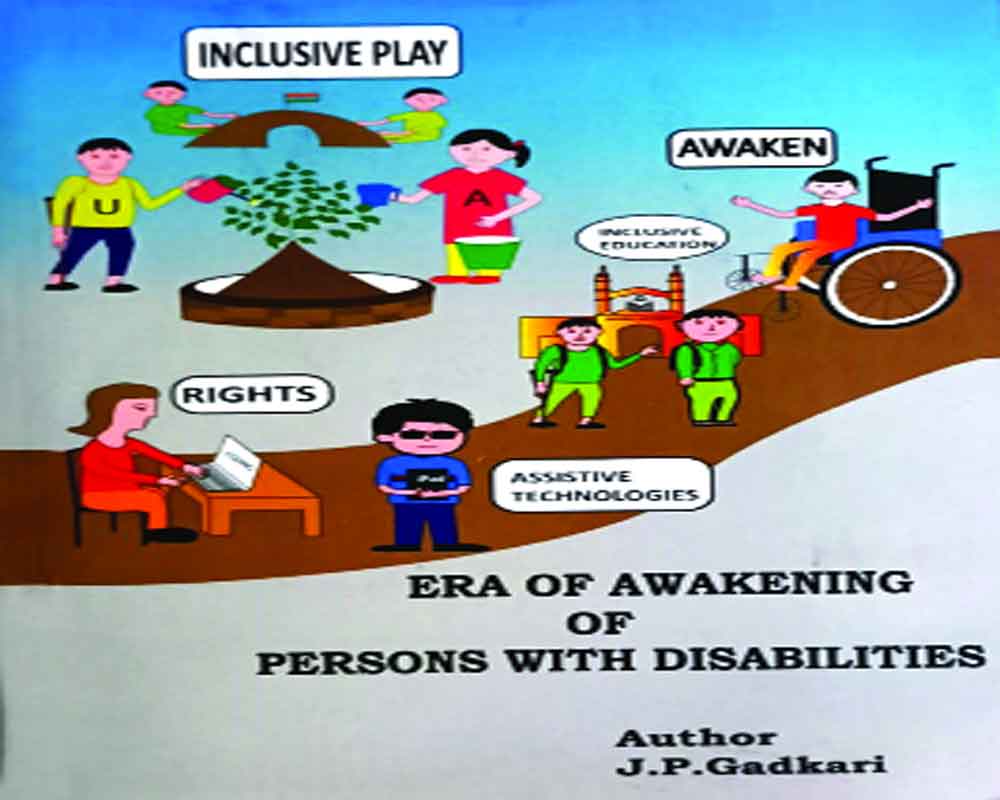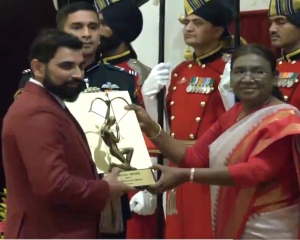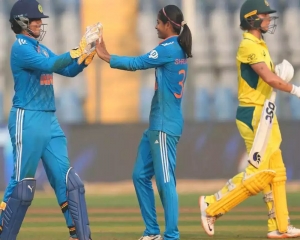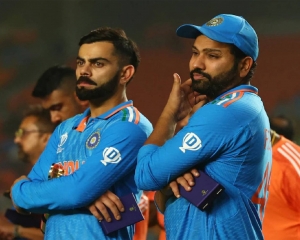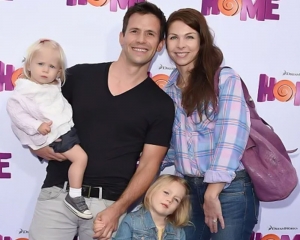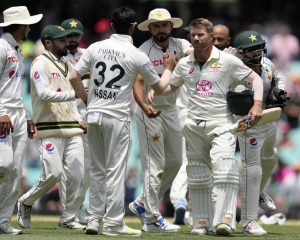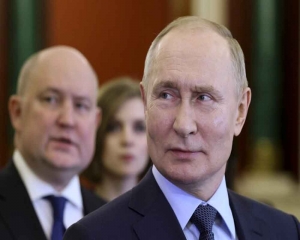This book is a telling commentary on the present status of the PwDs in the country and is an essential read on the legislations and government policies and glaring gaps that need to be filled to ensure an inclusive society
Despite several government policies and welfare measures, a significant number of persons with disabilities (PwDs) especially those with intellectual developmental disabilities/ mental illness continue to be confined to their homes or resort to begging due to the absence of a proper support system.
Obviously, either the policies are not being effectively implemented or are not aligned with the specific needs of this particular sector.
The Supreme Court's recent attention to this matter through a Public Interest Litigation (PIL) is indicative of the urgent need to address the lack of guidelines for the rehabilitation and social reintegration of mentally and physically challenged individuals after they turn 18. This resonates with the concerns of parents and caregivers who worry about the future of their wards when they are no longer able to provide care.
If you are still clueless about what we are talking about then you must read the book ‘Era of Awakening for People with Disabilities’ authored by 94-year-old seasoned journalist JP Gadkari, fondly known as JP among his friends and those working for the uplift of the sector.
Drawing from his personal experience as the father of an adult autistic son and his extensive involvement in the disability sector, JP sensitively highlights the shortcomings in current government policies and legislation. The book, categorized into six topics, delves deep into various aspects of the lives of PwDs, including their rights, health, education, employment, social security, inclusion, awareness, and poverty and the gaps that persist, hindering the establishment of an inclusive society.
One notable suggestion among many others from the author is the call for a 2021 census to obtain accurate data on the PwD population for better planning. The book also critically assesses the new proposed disability policy, appreciating the government's efforts to adopt a Right-based approach but at the same time pointing out the lack of sufficient budget and the absence of heads of important autonomous bodies like the Rehabilitation Council of India.
Each section appears to analyze the government's actions or lack thereof in these areas, offering a critical assessment of the impact on the lives of PwDs. Part three titled ‘Present situation’ is a must read, emphasizing on what was expected in the UNCRPD and what exactly has been achieved in the past two decades in respect of multitude of issues like social security, skill development and employment, education, standardization of training of professionals among others.
The author also stressed on skill development training as an essental requirement given their limited capacity for academic education. He says that acquiring some skills through vocational training can help them get some kind of gainful employment so as to lead a dignified life. He suggests this should be entrusted to the National Trust.
Dr. Sudesh Mukhopadhyay, former head of the Rehabilitation Council of India(RCI), in the Foreword rightly describes the publication as a memoir of the journey from exclusion to inclusion for persons with IDDs, reflecting the struggle faced by parents and civil society to make the State and system more sensitive and responsive.
The book emphasizes the importance of involving individuals with disabilities in creative processes, as demonstrated by the inclusion of the cover of the book which is designed by an young autistic graphic designer Ujjwal. This action sets an example for the broader theme of promoting inclusivity in society.
In conclusion, the book provides a comprehensive perspective on the challenges faced by PwDs in India, incorporating the voices of individuals with disabilities and their support networks.
It also serves as a call to action, urging the government and society to bridge the existing gaps and work towards creating a truly inclusive environment for all, particularly those living on the edge of the margin.






